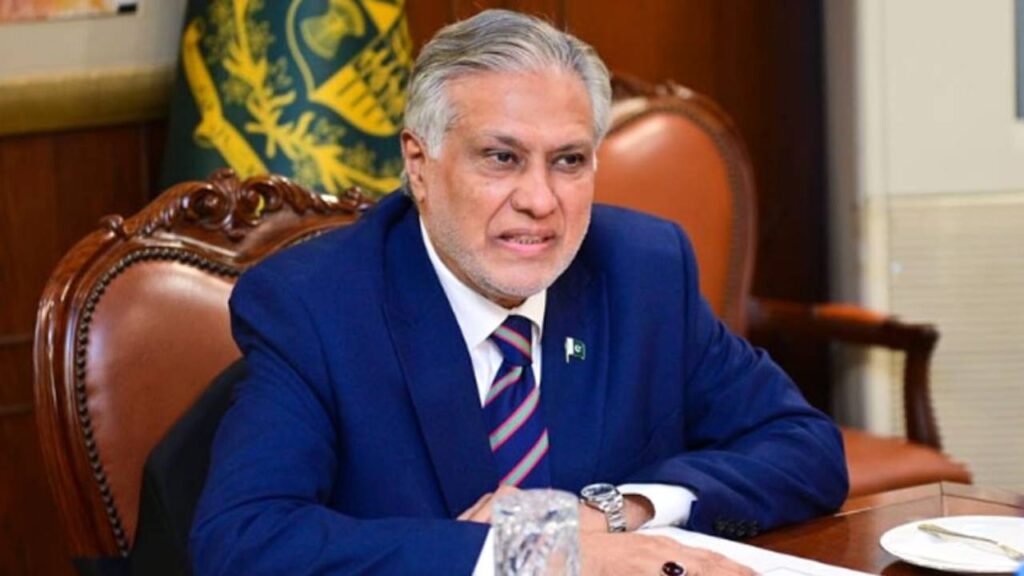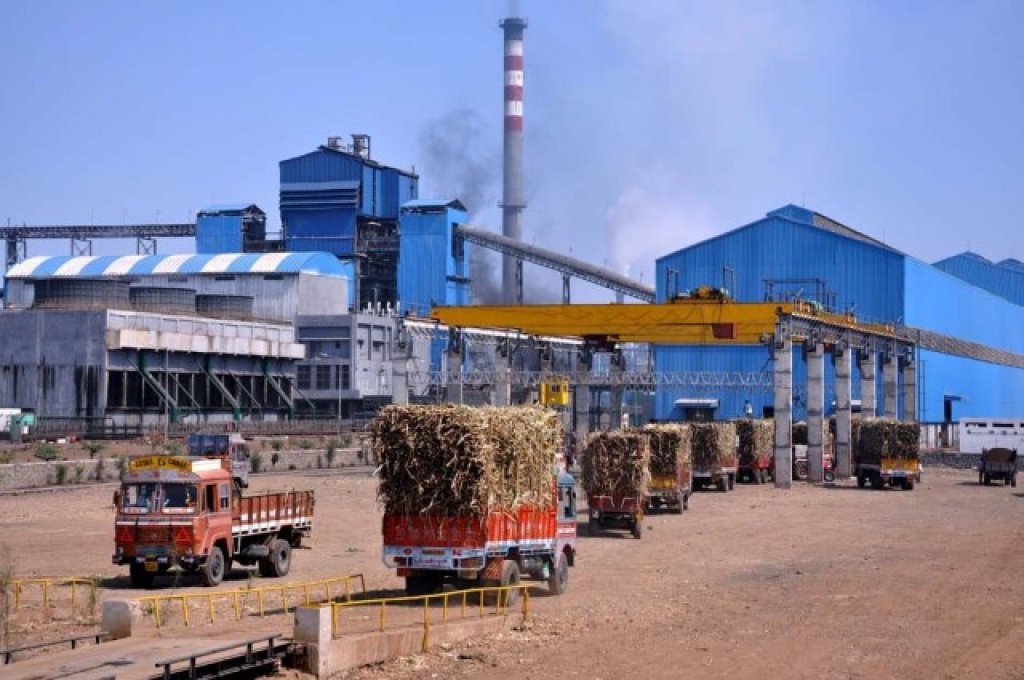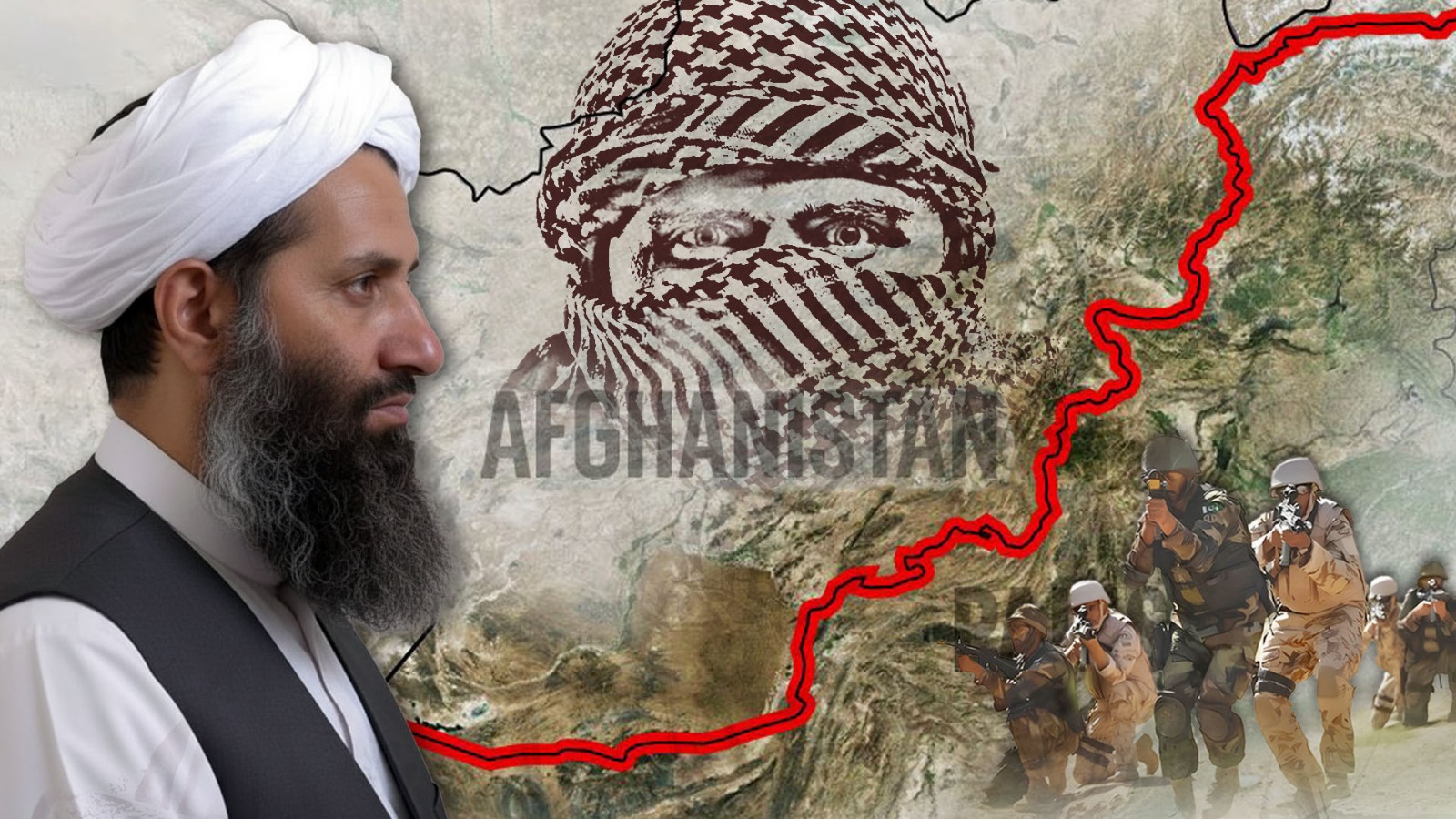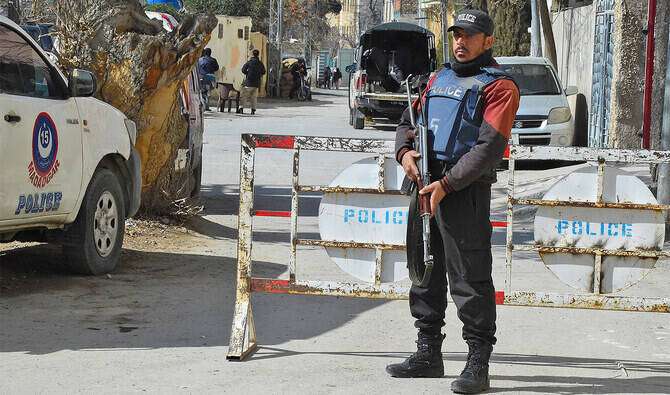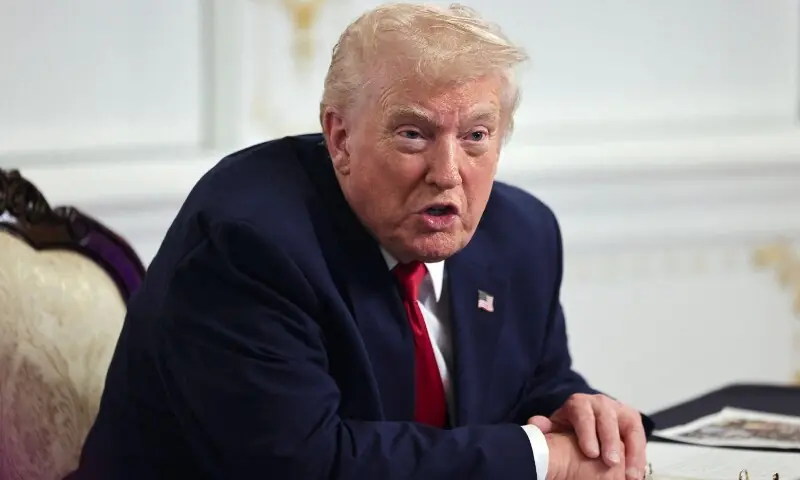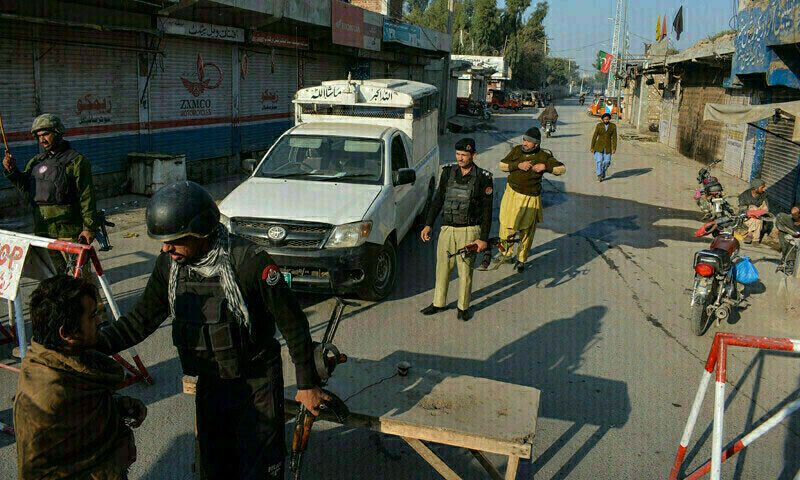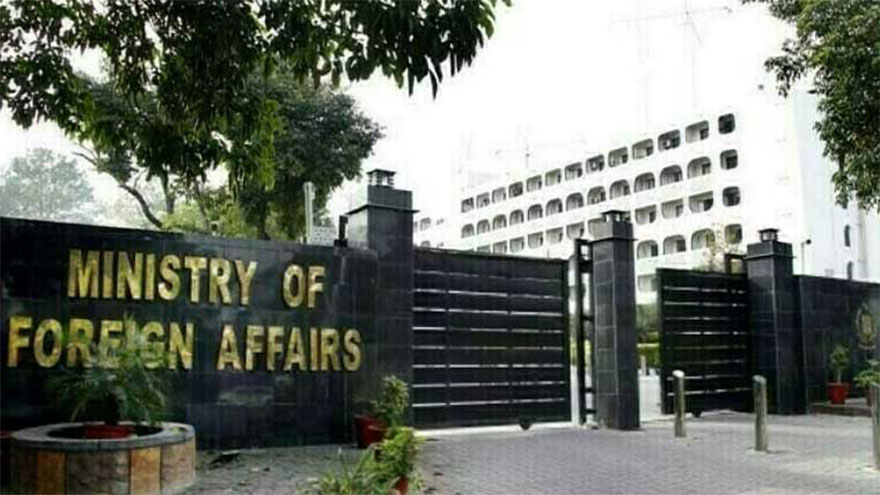Pakistan is prepared for a comprehensive dialogue with India, encompassing issues such as Kashmir and the Indus Waters Treaty (IWT), according to Deputy Prime Minister and Foreign Minister Ishaq Dar.
Addressing a press conference in New York, Dar emphasized that the dialogue shouldn’t be limited solely to terrorism. He reiterated Pakistan’s position as a major victim of terrorism, noting that US Secretary of State Marco Rubio acknowledged Pakistan’s sacrifices in the fight against terrorism during a meeting with Dar.
The longstanding Jammu and Kashmir dispute was also raised during the bilateral meeting, with Dar stressing that lasting peace in the region is unattainable without its resolution. He recalled that former US President Donald Trump had also raised the Kashmir issue on multiple occasions.
Regarding the IWT, Dar stated Pakistan’s unwavering stance: the treaty is binding, and no party can unilaterally terminate or amend it. He firmly declared that any attempt to divert or block Pakistan’s water share would be unacceptable.
India suspended the IWT on April 23, 2025, a day after the Pahalgam incident in Indian Illegally Occupied Jammu and Kashmir, citing—without evidence—Pakistani involvement in the attack. Pakistan vehemently denied any such involvement. Pakistan has repeatedly warned that any blockage of its strategic water resources would be considered an act of war, given the millions reliant on this water for agriculture and food security. India’s unilateral withdrawal from the treaty, defying international norms and the treaty’s clauses, is widely viewed as politically motivated. The 1960 treaty, facilitated by the World Bank, often acts as a mediator in disputes.
In response to a question, Dar clarified that Pakistan has no intention of recognizing Israel. He called for an immediate ceasefire in Gaza and the delivery of humanitarian aid to the Palestinian people, reaffirming Pakistan’s steadfast support for a sovereign and independent Palestinian state with East Jerusalem as its capital.
Dar described his US visit as successful, highlighting Pakistan’s advocacy for UN Security Council reforms and the need for adequate representation of the Organisation of Islamic Cooperation (OIC) within the UN. He also emphasized Pakistan’s improved relations with neighbouring Muslim countries, citing outreach to Afghanistan to enhance regional connectivity through rail and trade corridors to Central Asia, and significantly improved relations with Iran.

